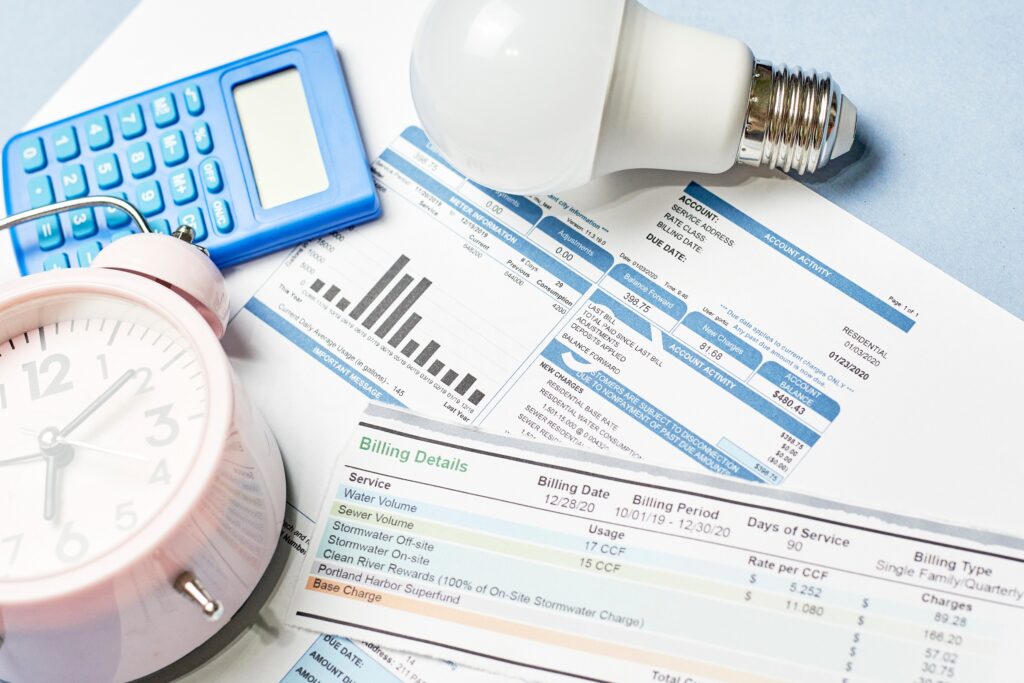Low-Energy Fridays: Why is the Texas electrical grid always in a crisis?
It’s summertime in Texas, which means that the state is facing a punishing heat wave. This week, the Texas grid operator, the Electric Reliability Council of Texas (ERCOT), forecasted tight electric conditions and asked consumers to take voluntary action to reduce their usage during peak periods. The news provoked a fair amount of consternation, with people across the United States wondering why the grid seems to be in perpetual crisis.
The reality is somewhat more complicated and contains lessons for states across the country. Here are a few things to keep in mind.
First, the fact that ERCOT is calling for voluntary conservation does not mean the grid is in crisis. Some people reacted to the conservation call as if it meant blackouts were imminent or even already occurring. In fact, a call for voluntary conservation is only the first of several steps that ERCOT goes through when forecasted electricity demand approaches the limits of available supply.
Calls for voluntary conservation aren’t new. What is new is how much attention they are getting. Two and a half years after the devastating blackouts of February 2021, many people remain on edge about the reliability of the Texas grid and, as a result, pay much more attention to the conservation calls than they used to. On one level, that’s a good thing, as it means the conservation alerts are likely more effective in reducing demand (one can’t act on a conservation call if they aren’t aware it even happened). At the same time, this can have major downsides insofar as it increases people’s anxiety and undermines confidence in the reliability of the grid.
But while conservation calls are hardly unprecedented, they may be increasingly more common. This could partly be due to ERCOT operating more conservatively. Not wanting to risk even the possibility of more blackouts, ERCOT could be issuing calls for conservation earlier than they otherwise would have. In addition, an increase in conservation calls could be due to a declining reserve margin (the amount of available electric-generating capacity minus the amount of expected demand). ERCOT’s reserve margin has fallen over the last several decades, and a lower reserve margin means that tight conditions are likely to occur more often.
Concern about a lack of new generation has led state regulators and the legislature to enact a variety of measures designed to incentivize the building of new generation in ERCOT. The Public Utility Commission of Texas is moving forward with a plan to institute a Performance Credit Mechanism, which would give additional payments to dispatchable generators that deliver power during the highest hours of demand. The legislature has also put forward a plan, which requires voter approval this fall, to provide grants and loans to dispatchable generators.
Irrespective of generation policy changes, risks of mass power plant supply disruptions will always exist. This creates a policy imperative to manage scarce resources better. Uncompensated, voluntary pleas for conservation only go so far. These limitations increase the likelihood of consumers facing an involuntary curtailment of high-value uses of electricity (like air conditioning during a heat wave) instead of compensating consumers to voluntarily reduce low-value uses (like running a dishwasher or clothes dryer in the middle of the day).
Pro-market reforms can address this, but competitive retail suppliers need regulatory clarity and access to data that is in the hands of local utilities that function as de facto monopolies. When such voluntary, market-driven options are exhausted, more surgical, involuntary customer-curtailment protocols are needed during grid emergencies, so that if blackouts become necessary, they fall chiefly on those most equipped to bear them. These demand-side improvements can dramatically reduce the likelihood and consequences of grid emergencies in Texas and teach other states and localities how such a market can function.









